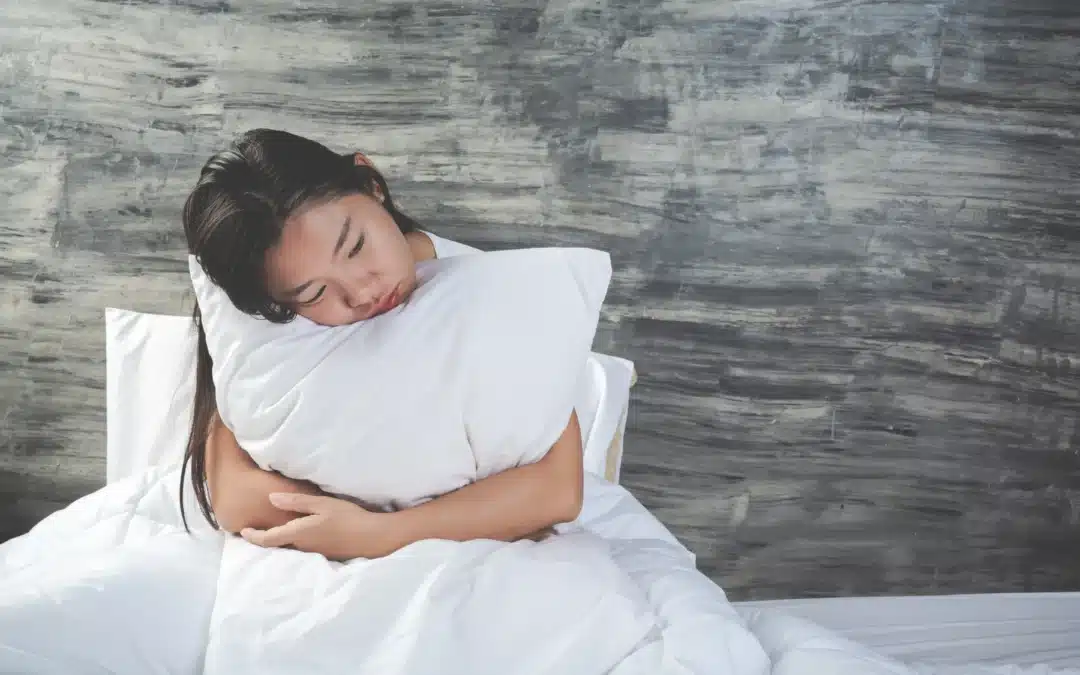In today’s fast-paced world, sleep disorders have become increasingly prevalent, with insomnia being one of the most common complaints. Characterized by difficulty falling asleep, staying asleep, or waking up too early and struggling to go back to sleep, insomnia can significantly impact one’s quality of life, overall health, and well-being. While conventional treatments such as medication and cognitive behavioral therapy have shown efficacy, many individuals are seeking alternative approaches, including acupuncture, to alleviate their sleep troubles.
Understanding Insomnia
Insomnia is more than just an annoyance; it can lead to a host of physical, emotional, and cognitive problems. From fatigue and impaired concentration to mood disturbances and decreased immune function, the effects of chronic insomnia can be far-reaching. As a result, people are exploring a variety of non-pharmacological interventions that address the root causes of sleep disturbances and promote better sleep hygiene.
The Essence of Acupuncture
Acupuncture, an ancient healing practice rooted in traditional Chinese medicine, has gained traction as a holistic approach to managing insomnia. The foundation of acupuncture is the belief in the flow of vital energy, known as “qi” (pronounced “chee”), through pathways or meridians in the body. When qi is disrupted or blocked, it is believed to result in physical and mental ailments.
Acupuncture involves the insertion of thin needles into specific points on the body to stimulate the flow of qi and restore balance. These points are selected based on an individual’s unique constitution and the specific condition being addressed. While the mechanism of action is not fully understood in Western terms, acupuncture is thought to influence the nervous system, releasing endorphins and promoting relaxation.
Acupuncture for Insomnia: The Evidence
Several studies have explored the potential benefits of acupuncture for insomnia, although the results have been mixed. Some research suggests that acupuncture may help regulate sleep patterns, improve sleep duration, and enhance overall sleep quality. A meta-analysis published in the Journal of Alternative and Complementary Medicine in 2018 examined 46 randomized controlled trials involving acupuncture for insomnia. The analysis indicated that acupuncture had a positive effect on sleep parameters, particularly when compared to sham acupuncture or no treatment.
Furthermore, acupuncture’s holistic nature may contribute to its potential effectiveness in treating insomnia. Traditional Chinese medicine views insomnia as a manifestation of underlying imbalances in the body, which acupuncture aims to correct. By addressing not only the symptoms but also the underlying causes, acupuncture offers a comprehensive approach to managing sleep disorders.
Individualized Treatment
One of the strengths of acupuncture is its individualized approach. Practitioners consider each patient’s unique constitution, lifestyle, and presenting symptoms when designing a treatment plan. This personalized approach can lead to better outcomes as it addresses the specific factors contributing to an individual’s insomnia.
Acupuncturists will conduct a thorough assessment, considering factors such as sleep patterns, stress levels, dietary habits, and overall health. Based on this assessment, they will develop a treatment plan that involves selecting specific acupuncture points and determining the frequency of sessions. While some individuals may experience improvements after a few sessions, others might require more extensive treatment to achieve noticeable results.
Complementary Lifestyle Changes
Acupuncture is often integrated with other lifestyle modifications to enhance its effectiveness in treating insomnia. These changes might include:
- Sleep Hygiene: Practicing good sleep hygiene involves adopting habits that promote healthy sleep, such as maintaining a consistent sleep schedule, creating a comfortable sleep environment, and avoiding stimulants close to bedtime.
- Dietary Adjustments: Certain foods and beverages can either promote or hinder sleep. Acupuncturists may offer dietary recommendations to support better sleep, such as avoiding heavy meals before bedtime and incorporating sleep-promoting foods.
- Stress Reduction Techniques: Stress and anxiety are common contributors to insomnia. Acupuncture sessions can serve as opportunities for relaxation, but individuals may also be encouraged to explore additional stress-reduction techniques, such as meditation, deep breathing, or yoga.
- Physical Activity: Engaging in regular physical activity can positively impact sleep quality. Acupuncturists might suggest incorporating gentle exercises, like tai chi or qigong, to enhance overall well-being.
Conclusion
In the quest for a good night’s sleep, many individuals are turning to holistic alternatives like acupuncture. While the scientific evidence supporting acupuncture’s effectiveness for insomnia is still evolving, many people report improved sleep quality and overall well-being after incorporating acupuncture into their treatment regimen. As with any medical intervention, it’s important to consult with a qualified healthcare professional before embarking on a new treatment approach, especially if you have underlying health conditions or are taking medications.
Ultimately, acupuncture offers a unique perspective on health and healing that extends beyond merely addressing symptoms. By considering the interconnectedness of the body, mind, and spirit, acupuncture provides a pathway to restoring balance and harmony – a potential key to unlocking the restful sleep that so many individuals seek in their modern lives.
If you’re considering acupuncture and are struggling with insomnia or other related issue, a licensed acupuncturist at As Designed Wellness can assist you. We are conveniently located near Mission Viejo and Laguna Beach in Dana Point. This form or calling (949) 412-6815 to set up a consultation in advance is even better.

